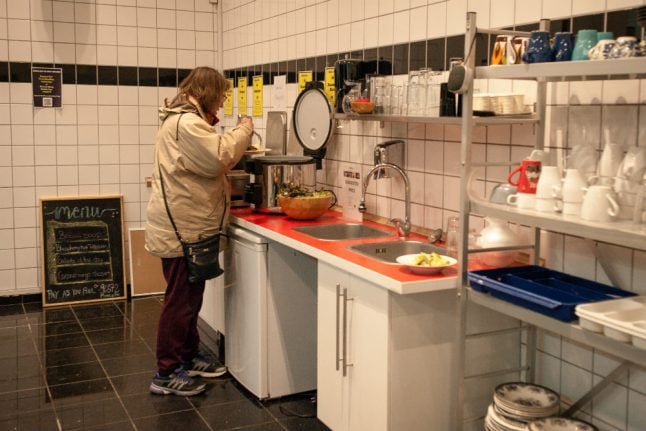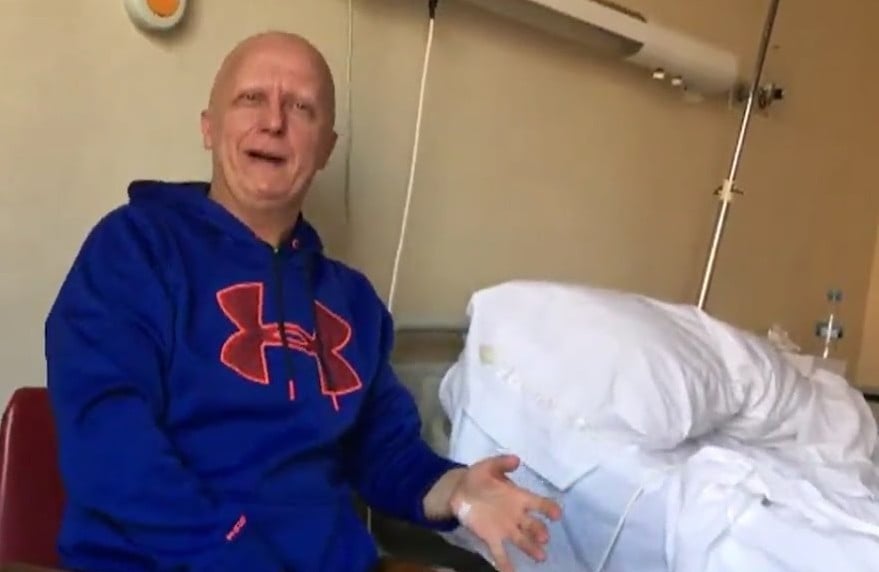It has been four years since One Bowl, the ‘pay as you feel’ volunteer community kitchen, was launched in a church hall in Copenhagen’s Nørrebro area.
One Bowl has since evolved, switching between regular community dinners and pop-up events at various locations.
Fast forward to 2018 and One Bowl has just opened its own premises in a former kebab shop in the nearby Nordvest neighbourhood.
The core group of volunteers, led by Allwin Jebahar, originally from southern India, serve warm and cold dishes at least five evenings a week to around 30 people, who sit at long tables in the brightly-lit shop. The dishes offered at One Bowl are vegetarian and a mix of Indian, Mediterranean and Nordic cuisine.
Photo: Tanja Vinogradova
“Meals at One Bowl are offered on a ‘pay as you feel’ basis in order to ensure a proper meal to everyone, regardless of one’s situation. This means that there are no set prices on any food or drink at One Bowl. Whether you are in crisis, need a friend or just a cozy meal out in your local community that doesn't break the bank, we are delighted in welcoming you to eat, share and spend an evening with us,” says Jebahar.
One Bowl has developed into a more professional setup over the years and is run by five board members with a core of volunteers overseen by Jebahar.
“The idea of One Bowl is to help with loneliness but also to tackle the issue of food insecurity, which is often a hidden and misunderstood problem in Danish society. It is more than just about the food we serve here. For many people One Bowl has become their family and helps them through tough times,” the project’s founder said.
Food insecurity is defined as a state of being without reliable access to a sufficient quantity of affordable, nutritious food. A recent study found that between one and four percent of Danes experience food insecurity at times, although this figure may be higher in some communities.
“We want to broaden people’s lives through One Bowl but also offer access to healthy food to more people. I have experienced food insecurity in my life and I understand the impact it has on you, it was the impetus to start One Bowl. We can share our stories over food and it helps people to feel less vulnerable,” Jebahar said.
“We also want people to explore the values behind voluntary organisations, to talk to more people about food insecurity and also try and be a little more community-minded,” he added.
The project is currently running a crowdfunding campaign to help with the costs of running and developing One Bowl. Contributions start at 50 kroner and a forthcoming One Bowl cookbook can also be purchased through the fundraiser.
More information about the crowdfunding campaign and how you can help can be found here.
READ ALSO: Government thinktank to tackle food waste in Denmark



 Please whitelist us to continue reading.
Please whitelist us to continue reading.